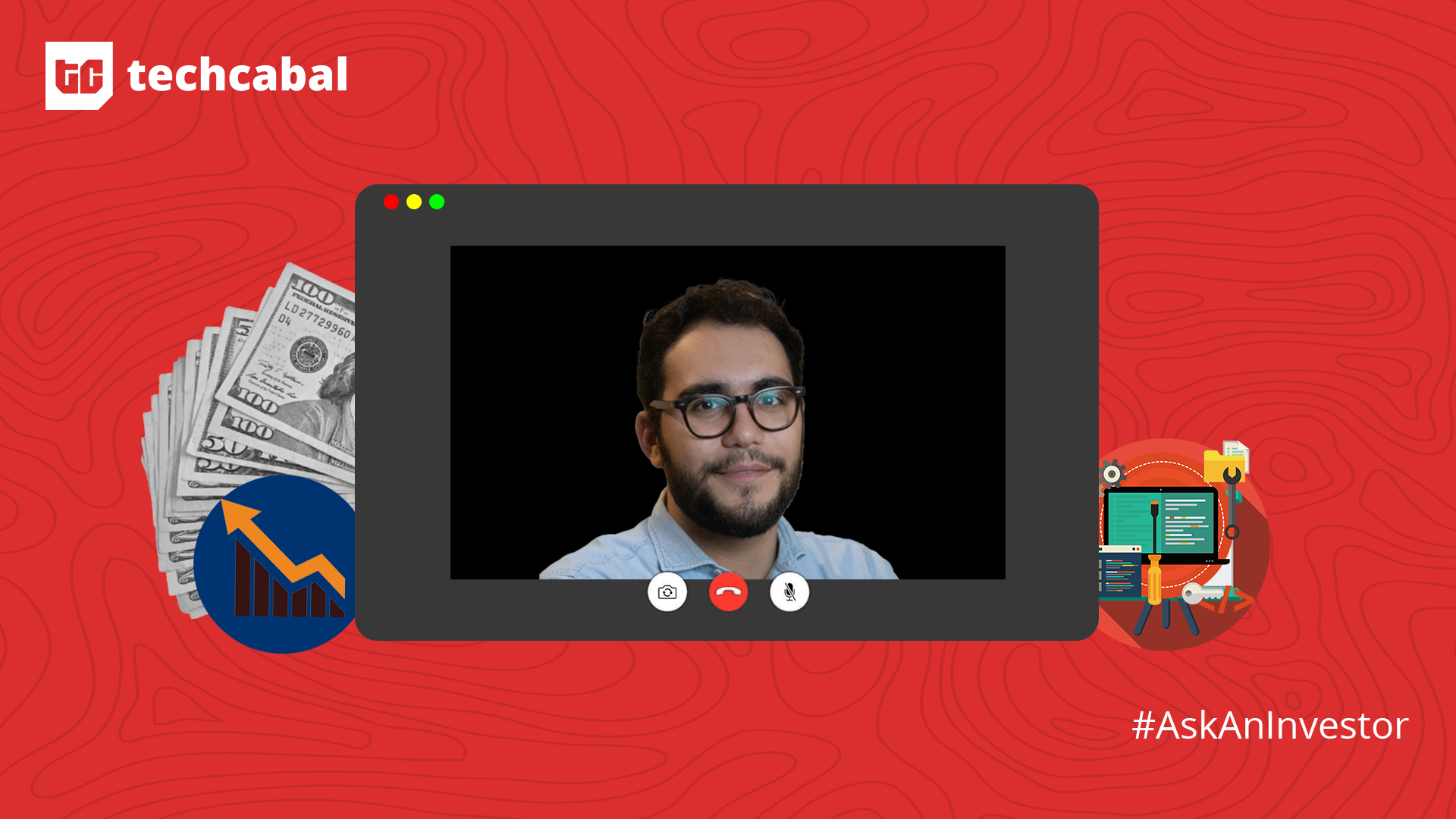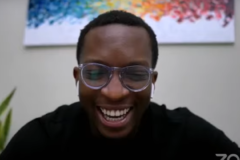LifeBank isn’t a cool startup and unlike other startups, it doesn’t care about announcing funding rounds. But yet this Nigerian health-tech startup has had tremendous impact on society. It’s present in 8 Nigerian states and Kenya, and has saved over 10,000 lives.
In the third episode of the Building From Ground Up series put together by the UK-Nigeria Tech Hub in partnership with TechCabal, Temie Giwa-Tubosun talks about her journey building LifeBank. She opens up on why she started, why the world needs more female leaders, the operational challenges LifeBank faces and many more.
Although founded in 2016, the story of LifeBank started in 2009.
After her first year in a California graduate school, Temie returned to Nigeria for the first time since 2001 to intern for the Department for International Development in Northern Nigeria(DFID).
In the course of her work, she got a front-row view of the issues people, especially women, faced in the rural parts of Nigeria.
She had always been obsessed with maternal health, and this led her in later years to work at the WHO and Global health corp in Uganda.
Despite all these experiences, becoming a mother convinced Temie she had to do something more impactful. She knew people in Nigeria and other parts of Africa didn’t have access to the basic healthcare facilities she had during childbirth in the US. So she first set out to look into what causes women to die during childbirth.
While researching, she found out that postpartum haemorrhage, the loss of 500 ml or more blood within 24 hours after birth, was a major cause of the death of women around the world. A problem predominant in developing countries around the world.
“8 out of 10 women who die from childbirth could be saved if blood was available”
She said,
“In the hubris of being young, I thought, ‘I’m going to solve that problem,’ we’re going to save mothers by ensuring that blood is available to them during childbirth. That was the single thought that started LifeBank.”
The hurdles
Unlike a fairy tale, it doesn’t just end happily ever after here.
LifeBank went on to face challenges along the way, with human problems and a very demanding schedule being top of the list.
“I thought healthcare would be exempt from the corruption problem. I always expected a complete focus on science and results. The reality is that it is humans who do this work and we still have a problematic culture in Nigeria.”
LifeBank has grown its line of offerings to deliver more than blood, it also delivers oxygen, medical samples and even does some work around COVID-19 testing.
Describing the work LifeBank does, Temie says:
“It’s on-demand, and 24 hours. Across 8 states in Nigeria, and now Kenya, we have not shut down in five years. It’s difficult to move supplies 24/7 , delivering it in under 50 minutes in all these states every day. It’s especially difficult in Nigeria where infrastructure is still very underdeveloped.”
It’s been a daunting challenge working round the clock but what keeps LifeBank going is its visible impact on lives.
Challenges faced by a female founder
It’s not enough that there are challenges related to the business, Temie also spoke about the challenges she faces as a female founder.
“We live in a patriarchal world where people expect leadership from men. Often, people don’t expect women in positions of power. Even worse, you don’t think of a mother or a relatively young woman as being a leader.”
“For me, what matters is visibility. Having lived and worked in Europe and Nigeria, I prefer Nigeria’s brand of chauvinism, because it is open and public; you know where you stand.”
Talking about how she handles these issues, she says.
“People don’t consider leadership a feminine thing. To me, I’m very comfortable being a leader. I don’t try to be a leader, I am a leader because I lead. I have a ton of experience in the work that I do, I am incredibly passionate about the work I do. I learn and I inspire my team.
I have empathy for people who feel this way. Women lead well with emotional intelligence. And the calm is invaluable
Do you announce fueling your car?
Many startups make announcements when they raise funds but Temie doesn’t think it’s necessary. She equates this to announcing fueling your car. She’d rather announce what LifeBank has done.
“Fundraising is a tool, not an end. Raising rounds is like fueling your car, and nobody will congratulate you for that. We’ve raised multiple unannounced rounds because people should give us props for scaling and building a business, and not for raising funds.
What matters is making the value clear. .”
In one of the meetings where LifeBank was looking to raise its first round, Temie said she just downloaded the company’s bank statement and sent it to the investors, saying this is what they’d been doing.
Talking about what’s working for LifeBank she says, the company thrives because it’s not obvious (niche-focused) so people underestimate it. More importantly, they put in the work on delivering value.
Expansion and hiring the right people
LifeBank is currently in “Two and half countries”, Temie won’t say which country makes up the half but she talks about what the company considers before expanding.
It looks whether there’s a difficult problem to be solved and whether there’s the right talent available to work on these problems.
Every business knows that people are its most prized possession and Temie talks about this.
“Anyone who comes to life bank is always fascinated by us, asking are you guys a cult? We are deeply close and passionate.”
What’s behind this?
LifeBank doesn’t pay the most in terms of compensation but it pays attention to its culture. The hiring process is done by the different teams but Temie vets everyone who joins whether they care about the cause and are being relentless.
Also, to ensure team members keep growing, no one stays in the same job for more than 18 months, even if they have the same title, they must be doing something different.
The journey ahead
On what to expect from LifeBank Temie says it has about 5 products it’s working on in its R&D lab, with a Stock Bank — critical medical consumables –being the most recent product.
LifeBank might have found a way around its initial hurdles but as it looks to keep working round the clock to solve the problems of healthcare in Africa, there’s more to come and Temie is aware of this.
“More than anyone, we understand the problems in our health sector; we live it every day. But one of the things that make it very hard is that these problems are solvable. A lot of the problems in our healthcare system are simple problems. People are dying because there’s no oxygen or no gloves. Someone delivers a baby with a torchlight. Why?.”
“Sometimes I think we’re better at stopping major diseases or treating malaria than ensuring people give birth.”
Editor’s Note
The Building From Ground Up series is powered by the UK-Nigeria Tech Hub in partnership with TechCabal. For more information on the series, you can follow the UK-NG Tech Hub on Instagram, Twitter and LinkedIn.




















